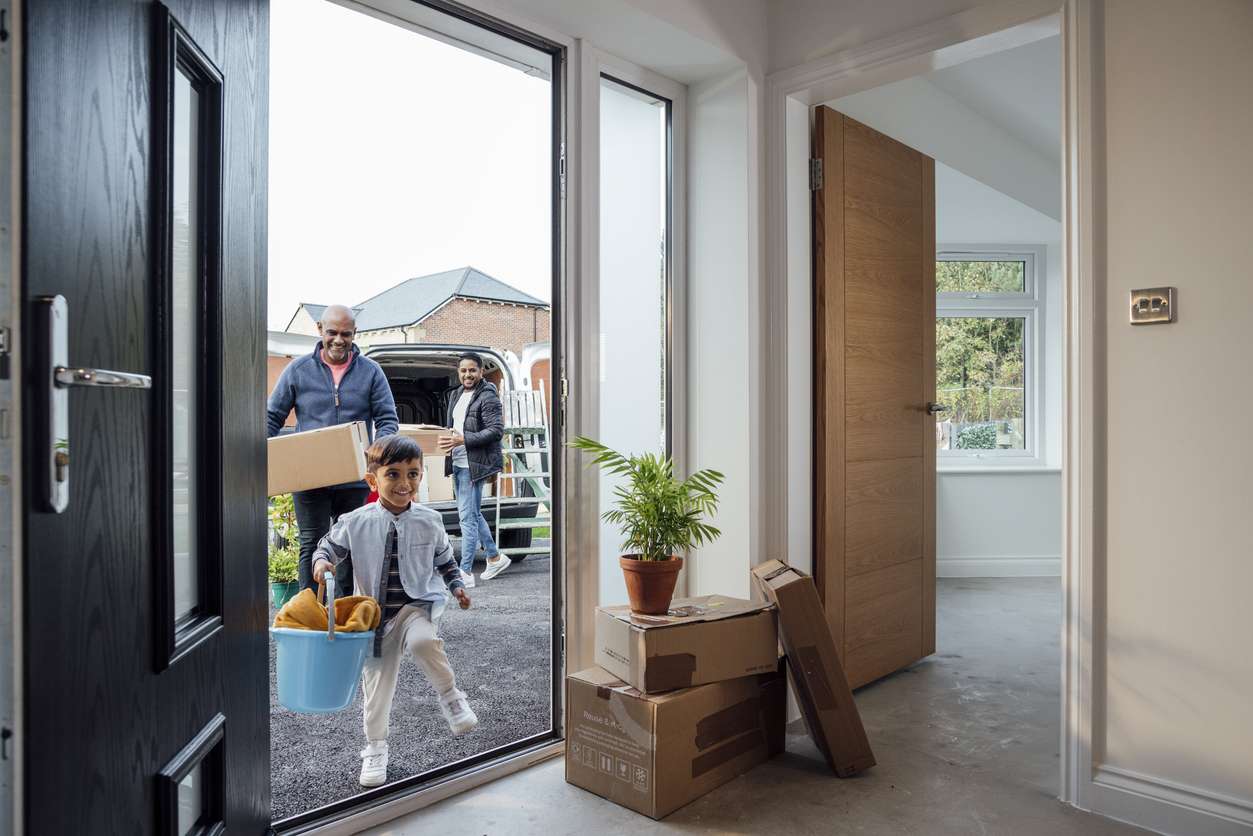A housing crisis is gripping tens of millions of families nationwide, cutting across political lines and sparking bipartisan action in state legislatures.
The root cause of the crisis is a chronic housing shortage, which has driven home prices up by approximately 60% after adjusting for inflation over the past decade. The staggering increase has left many families struggling to afford rent or homeownership, and, according to recent data, around a quarter of renters, equivalent to roughly 12 million households, are spending more than half of their income on housing costs, far exceeding the recommended one-third threshold for financial health. On Tuesday, May 7, Vice President Kamala Harris unveiled a significant funding boost to address the pressing issues of affordable housing and homelessness across the United States.
The White House said the announcement through the U.S. Department of Housing and Urban Development (HUD) marks a crucial step in Harris and President Joe Biden’s efforts to tackle the housing crisis inherited from previous administrations. Harris announced that $5.5 billion in grants would be distributed to 1,200 communities through more than 2,400 grants to states, cities, Washington, D.C., Puerto Rico, and local organizations nationwide.
“Homeownership is an essential part of the American Dream that represents so much more than a roof over our heads,” Harris stated. “That is why President Biden and I are expanding on our historic investments in housing by announcing $5.5 billion that will increase access to affordable housing, invest in economic growth, and address homelessness in communities throughout America.”
The funding, part of the White House Housing Supply Action Plan and the Blueprint for a Renter’s Bill of Rights, aims to boost the housing supply, lower housing costs, expand rental assistance, enhance renter protections, and invest in more robust, more resilient communities.
“A coordinated whole-of-community approach is crucial to build strong and resilient communities, invest in decent housing, create healthy environments, expand economic opportunities accessible to low-income households, and support aspiring homebuyers and those experiencing homelessness,” Acting HUD Secretary Adrianne Todman emphasized in a statement.
The White House said the allocation of the $5.5 billion in grants would go through various HUD programs, including:
- $1.3 billion to 668 grantees to build affordable housing through the HOME Investment Partnerships Program (HOME).
- $214 million to every state to increase affordable housing supply via the Housing Trust Fund (HTF).
- $3.3 billion to 1,254 grantees to build stronger communities through the Community Development Block Grants (CDBG).
- $455 million to 130 grantees to connect people with HIV/AIDS to housing and support through the Housing Opportunities for Persons With HIV/AIDS (HOPWA) program.
- $290 million to 357 grantees to address homelessness through Emergency Solutions Grants (ESG).
- $30 million to 23 States and the District of Columbia to support recovery from substance use disorder via the Recovery Housing Program (RHP).
The announcement follows Harris’s recent stops on her nationwide Economic Opportunity Tour, where she has been highlighting the Biden-Harris Administration’s efforts to support communities and improve access to housing while making it more affordable.
Administration officials pointed out that Harris has been a vocal advocate for homeownership and housing affordability. As Attorney General of California, she helped pass the California Homeowner Bill of Rights, and as a U.S. Senator, she introduced several bills aimed at increasing the supply of affordable housing and lowering renters’ costs.
The White House said the latest funding underscores the administration’s commitment to addressing the housing crisis and creating opportunities for all Americans to access safe and affordable housing.
“The funding made available today serves as building blocks to empower communities to take ownership of community development investments and put the needs of residents first,” Todman asserted.
By: Stacy M. Brown, NNPA Newswire Senior National Correspondent








